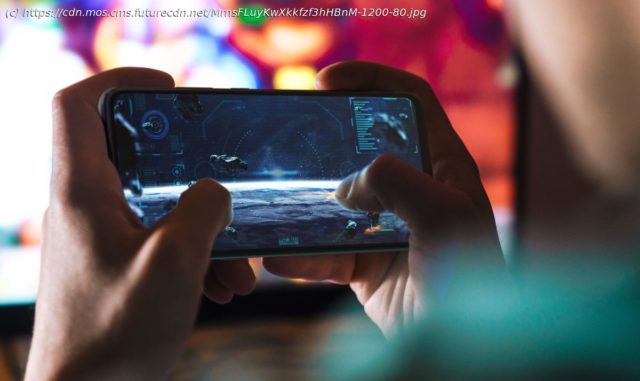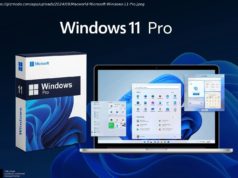5G has a lot of promise, but will it empower mobile gaming to supplant consoles? Not until some big hardware, software, and infrastructure obstacles are overcome.
Mobile gaming has come a long way in the last few years, with a number of popular PC and console franchises releasing versions that preserve most of the experience in a small screen. And with more money spent on smartphone and tablet games than traditional platforms year over year, mobile gaming is ascendant. But will it outright replace gaming consoles in the long run? Final Fantasy 16 producer Naoki Yoshida believes that 5G will empower mobile gaming enough to “herald the long-term demise” of game consoles, he said in an interview with Financial Times. He makes a compelling argument that, unlike console gaming – sedentary and reliant on local hardware with long boot times – it will be much more appealing to stream games over blindingly-fast 5G connections on phones you can take anywhere. Over a long enough period, Yoshida could accurately predict the curve of the industry: analyst group App Annie reported that mobile gaming raked in around $100 billion in revenue last year, outstripping PC and console revenue of just over $88 billion, per GameDaily.biz. Gamers aren’t averse to playing on their phones (and tablets, but mostly phones), so transitioning to streaming games could become more of a norm. Not that you’d know by today’s game services that let you stream AAA games on mobile: Google Stadia persists but has a limited library, Microsoft’s Xbox Cloud Gaming (formerly xCloud) is still struggling to get on iOS, and Nvidia GeForce Now and Amazon Luna are still quietly expanding their availability and adding games but neither are making waves. Nevertheless, the streaming services are live and the appeal is real enough – there are just a few huge obstacles that mobile gaming needs to overcome for mobile gaming to supplant consoles as a dominant platform. The biggest thing separating console from mobile gaming is the controller: playing on an Xbox Series X or PS5 gives you far more precision via either system’s controller than playing with touch controls. That’s undeniable. Both iOS and Android support PS4 and Xbox One controllers, and the recent iOS 14.5 update officially added PS5 and Xbox Series X gamepad connectivity (Android isn’t officially compatible with the latest-gen controllers, but you can still wirelessly link them up with some success). Using a gamepad still requires every game to properly map inputs to each controller’s buttons and joysticks (which is uncommon) and forces players to lug around the gamepad on the go (which is annoying and not very portable), as well as a way to clip the phone to the controller (if desired).
Home
United States
USA — software Could 5G-powered mobile gaming really replace game consoles? We’re not certain






